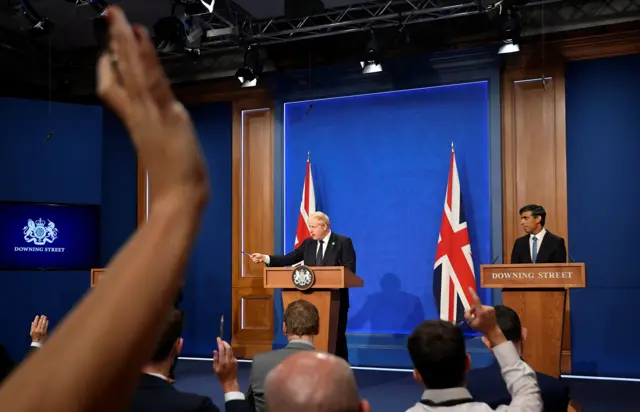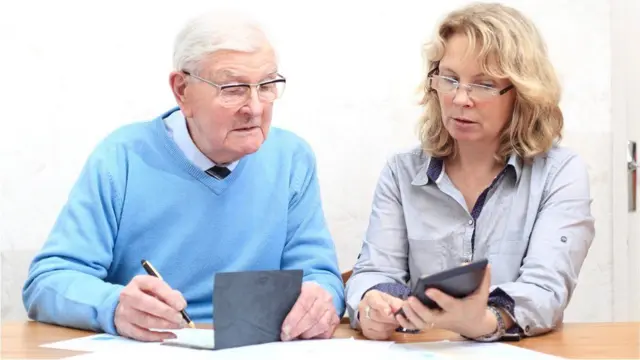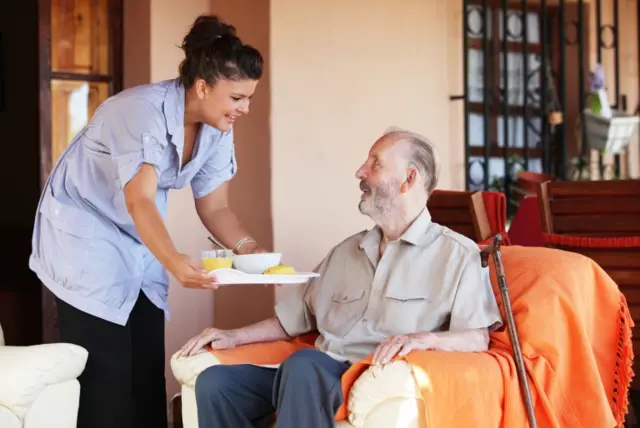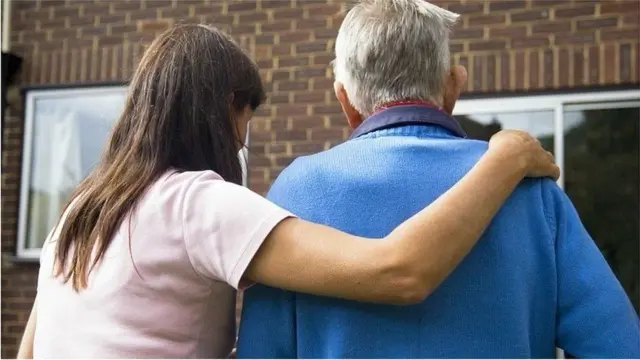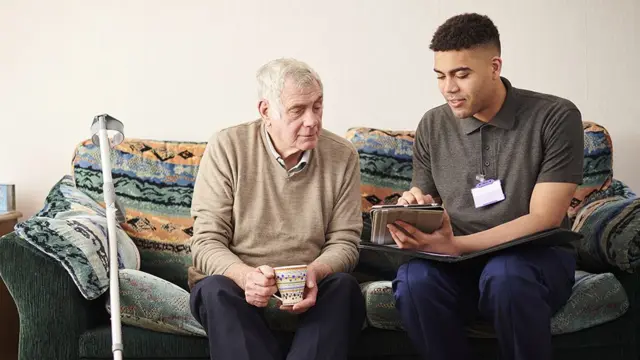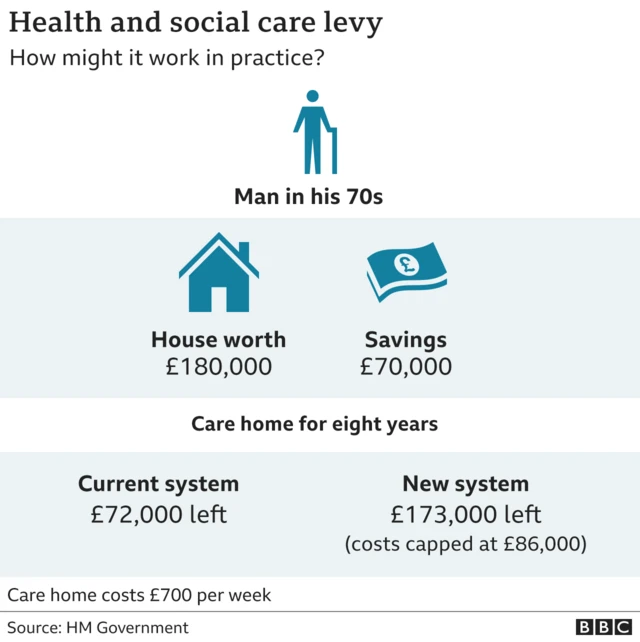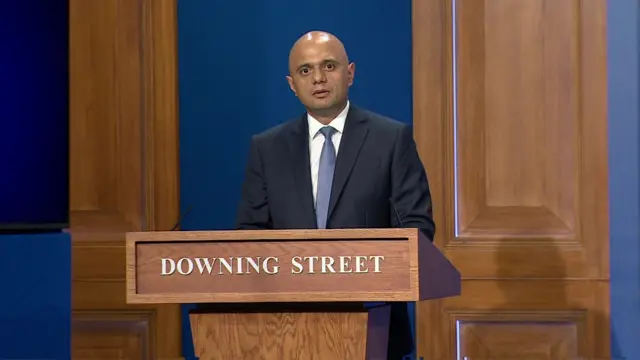Goodbyepublished at 17:39 BST 7 September 2021
That is all from us on what's been a busy day with a lot announced by Boris Johnson and his government.
If you want to read more detail on the new 1.25% health and social care tax to pay for reforms, here is our main story.
The updates in this live page have been brought to you by George Bowden, Marie Jackson, Mary O'Connor, Emma Harrison, Francesca Gillett, Joseph Lee, Paul Seddon, Judith Burns, Johanna Howitt, Holly Wallis, Lauren Turner and James Clarke.
